SUMMARY
This is AI generated summarization, which may have errors. For context, always refer to the full article.
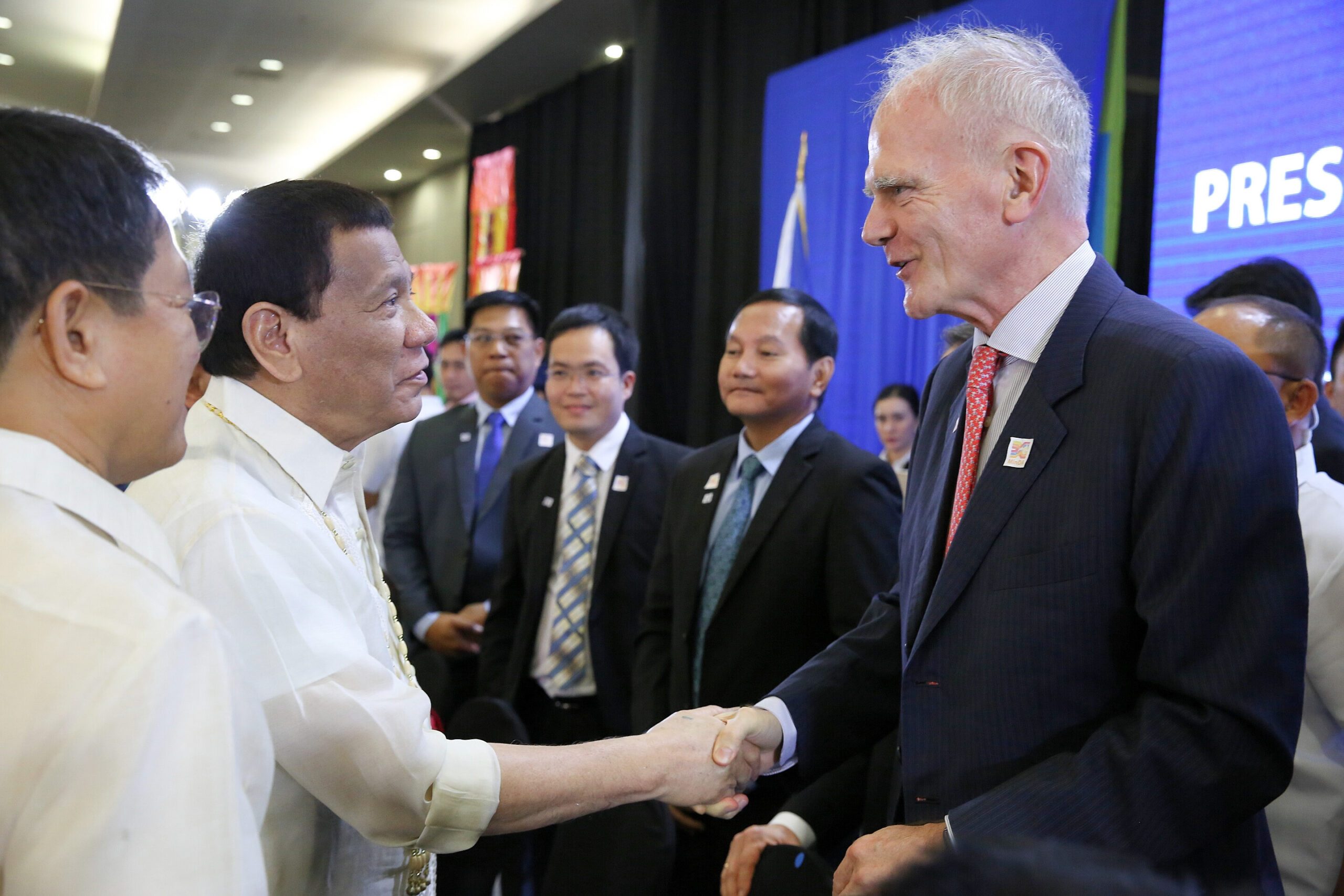
MANILA, Philippines – The European Union (EU) said on Tuesday, August 27, that it did not provide funding to non-governmental organizations (NGOs) supposedly serving as fronts of the Communist Party of the Philippines (CPP).
According to Ambassador Franz Jessen, head of the EU Delegation to the Philippines, a series of audits on EU’s contracts with NGOs flagged by the Philippine government as “potentially questionable” showed that the funds were not given to groups with alleged communist links.
The audits included a standard review of expenses and a “specialized audit” aimed at detecting the financing of terrorist organizations.
“In terms of spending we are fine…. We asked them [specialized auditing company] to look into the expenditures and see if they could find anything that looked awkward and they couldn’t,” Jensen told reporters in a media gathering on Tuesday, when asked about the results of the audit.
This comes after the Philippines, in February, claimed that donations of the EU have found their way into the hands of alleged fronts of the CPP-NPA, prompting a review on the EU’s end.
Jessen said the audit was conducted on the EU’s 10 contracts it financed yearly with NGOs such as the United Nations Development Programme and University of Tawi-Tawi, among others. He added there would be future funding for the contracts worth around 10 million euros annually.
However, Jessen emphasized he spoke only for contracts the EU had with NGOs – not for other groups which may be supported by different countries and foreign NGOs.
Aside from the EU, the Philippines also asked the Belgian Foreign Ministry to cut finding for groups the Philippine military alleged were CPP-NPA fronts. Among these groups were the Rural Missionaries of the Philippines, Ibon Foundation, Karapatan, and Alcadev (Alternative Learming Center for Agricultural and Livelihood Development).
NOW: EU Ambassador to the Philippines Franz Jessen holds a gathering with media before he leaves his post later this week @rapplerdotcom pic.twitter.com/LEb1DmgMN9
— Sofia Tomacruz (@sofiatomacruz) August 27, 2019
Shared objectives
Meanwhile, Jessen reassured the Philippine government that the EU would not in “any way or form” support the CPP as it had long been included in its list of foreign terrorist organizations. The EU had included the CPP and its armed wing, the NPA in its list of foreign terrorist organizations since 2005, which means these groups cannot hold assets in the EU.
“From the outset, it should be very clear to everybody that we would never do that because we would be going against our institution, our own legal framework,” Jessen said.
He added: “We share the same objective: we don’t want to support a terrorist organization, We’d be violating our own government and we’d be going against what the Philippine government is looking for. So obviously this is not what we are doing and not what we want to do.”
Jessen also said he did not view the issue as a “big conflict” between the Philippines and the EU and added both parties were in close dialogue to share information with one another on the matter.
The administration of President Rodrigo Duterte terminated peace talks with the National Democratic Front in 2017. Last year, it asked a Manila court to declare the CPP-New People’s Army as a terrorist organization.
Duterte has repeatedly lambasted the EU for supposedly meddling in his popular but bloody anti-drug campaign, rejecting at least P380 million (6.1 million euros) worth of donations from the EU as of January 2018. – Rappler.com
Add a comment
How does this make you feel?

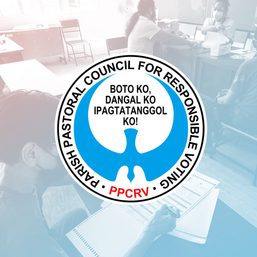
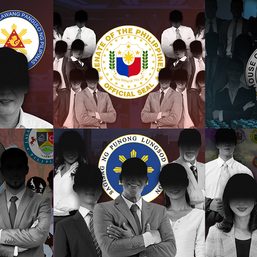
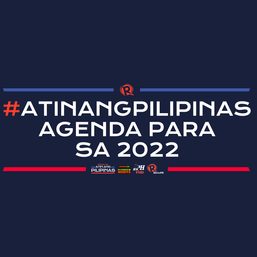

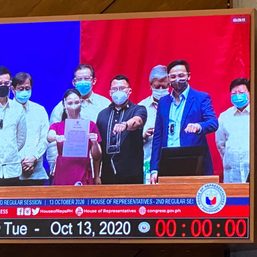
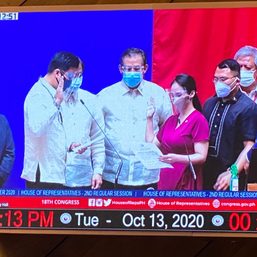
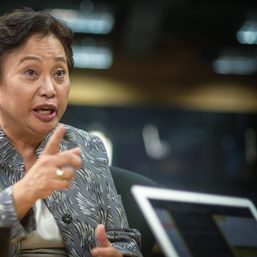
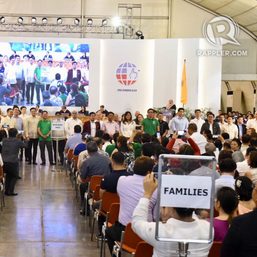
There are no comments yet. Add your comment to start the conversation.